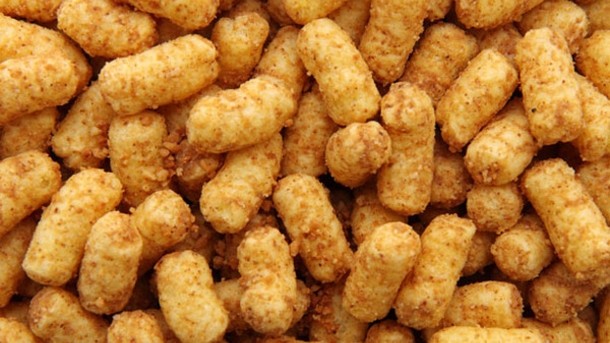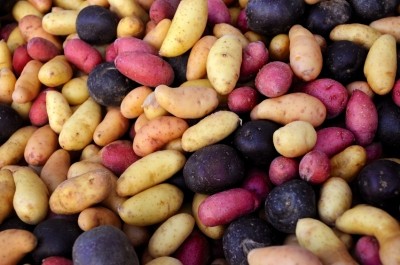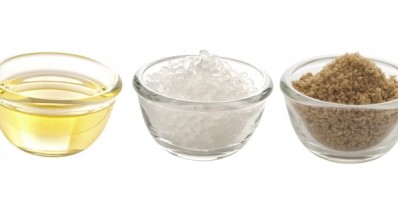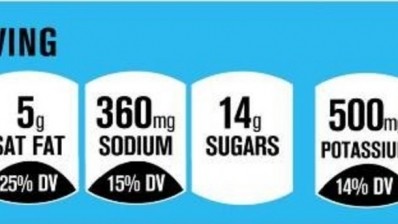Reduction potential: Salt and sugar have synergistic effects on extruded snacks

The study, published in the Journal of Food Engineering, investigated the effect of reducing salt and sugar on the extrusion processing characteristics, production quality, expansion, microstructure and textural properties of extrudates in a wheat and corn blend snack in order to identify any correlation between rheological properties of cereal melt with the microstructure and physical attributes of the final product.
Led by Keith Pitts from the Commonwealth Scientific and Industrial Research Organisation (CSIRO) in Australia, the team noted that despite an increased use of extrusion processes in the food and feed industries, "extrusion is still art that has yet to be fully understood with regard to processing variables, ingredient interactions and the effect of material modification on textural properties of the end-products."
"While starch and protein are the major biopolymers of feeds used for the extrusion of cereal-based foods, salt and sugar are also commonly included as minor constituents in the formulation," explained Pitts and his colleagues - noting that recent efforts to slash the levels of salt (or more specifically sodium) and sugar in extruded products is one of the important goals for snack food manufacturers aiming to produce healthier foods.
Although the major driver for the use of salt and sugar to snacks is to enhance the sensory properties, Pitts and his team noted that each ingredient also has specific physico-chemical functionalities that contribute to the processing characteristics and textural quality of a product.
"Although sugar and salt are known to affect the structure and texture of corn and wheat extrudates, the findings of such effects have varied. In addition, there has been little research on the co-effect of salt and sugar in extrusion."
Research details
The CSIRO group produced a variety of extruded products from varying concentrations of corn, wheat, sugar and salt. Using a co-rotating twin screw extruder under the same processing settings, the team specifically tested the effect of salt (0–2%) and sugar (0–10%) reduction on the extrusion of the wheat–corn blend extrusion.
Pitts and his colleagues reported that reducing salt and sugar levels increased torque, die pressure and specific mechanical energy - with the increased die pressure resulting in higher expansion of the extrudate with a more porous structure.
"This was particularly evident when both salt and sugar were eliminated in the formulation," wrote the researchers.
Reducing salt and sugar did not appear to influence the shear viscosity of the melt except when eliminated from the formulation, they added. Similarly the maximum force to fracture the extrudates was also not significantly affected, except when salt and sugar were removed completely.
"Salt and sugar has synergistic effect on processing energy, extrudate expansion and mechanical strength," revealed the team. "This provided a potential to decrease the sugar and salt in extruded products but still maintain textural quality."
Pitts and his colleagues concluded that there is the potential to decrease the sugar and salt concentrations in extruded products whilst still maintaining consumer acceptability.
Source: Journal of Food Engineering
Volume 127, April 2014, Pages 58–66, doi: 10.1016/j.jfoodeng.2013.11.026
"Co-effect of salt and sugar on extrusion processing, rheology, structure and fracture mechanical properties of wheat–corn blend"
Authors: Keith F. Pitts, Jenny Favaro, Peter Austin, Li Day

























